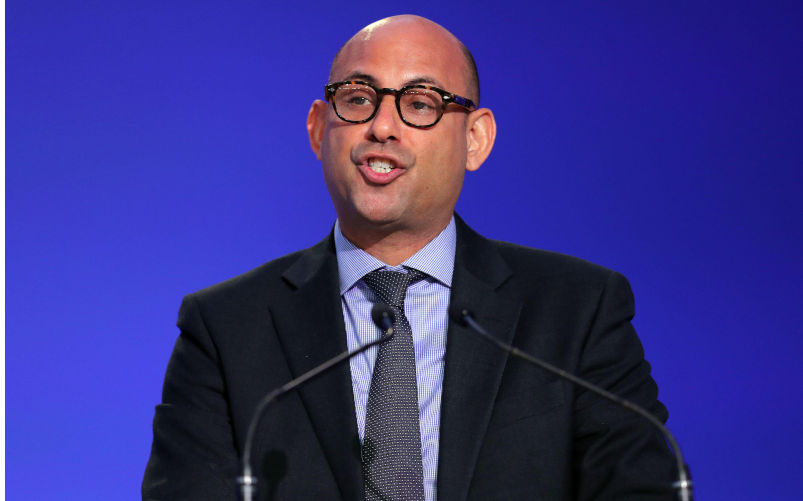'Two years to save the world'
June 13, 2024
This was the haunting title of a recent speech by UN Climate Change Executive Secretary Simon Stiell, at Chatham House in London.
He speaks with knowledge, hoping to inspire faster action.
The science is clear, as the latest IPCC report makes plain.
We are now seeing what has been predicted. Simon speaks of “ record-shattering heat and massive damage to economies.”
Simon makes the point that, while “a recent survey of 130,000 people in 125 countries found that 89% want stronger climate action by governments’, we are seeing signs of climate action ‘slipping down cabinet agendas.’
Isn’t that what is happening here?
Daring to dream, I think we need a National Cabinet to deal with this Climate Emergency, much as was shaped in response to the pandemic in recent years.
At that time, the normally combative, party-aligned collection of political leaders rose to the need for cooperative action for the sake of the nation. Experts were in the room and were listened to.
Our State and Federal political leaders kept up their normal pattern of behaviour over other issues.
It was such a relief that there was this co-operation! As with the Climate Emergency now, we knew things were grim because of the unexpected pandemic and didn’t know what life would be like if it got any worse. We didn’t really know what we were dealing with.
Making this transition out of fossil fuels fast enough is a huge generational challenge.
We need the highest quality of cooperation.
This week and next, the UNFCCC community, including Australia’s team of negotiators and diplomats are in Bonn for SB 60, the Sessions between UNCOP28 in Dubai and the next UNCOP29 in Azerbaiijan.
Friends are there contributing from the Interfaith Liaison Committee of the UNFCCC:

At a late May briefing, offered by our team from the Department of Climate Change, Energy, the Environment and Water (D.C.C.E.E.W), it was evident that there are many complex technical and political issues that must be resolved if the Paris Agreement is to be implemented in a timely fashion.
The commitment and competency of these young Australians shone through, as I listened.
If a National Cabinet was in place, they could be reporting to it on their return so as to help ensure Australia’s political leaders are informed and able to ensure we are making our best contribution, as global citizens.
“Two years to save the world” and a Federal Election due in a year!
We can already see the outline of the conflicted way Climate Issues will be treated during the Election campaign – conflict over the transition to renewables; over nuclear energy; even, perhaps, over the need for the international rules-based consensus of a Paris Agreement.
To conclude, there is wonderful work going on. For example, all those involved in the Nature Positive Reforms, through Tanya Plibersek, Minister for the Environment and Water:
We dream of an Australia which has zero tolerance for any further loss of our biodiversity and paves a path to net zero carbon emissions ASAP!
The targets are stretching as we strive to conserve our environment and prevent catastrophic climate change …going, for example, as is proposed, from 30% to 82% Renewables by 2030!
We need a Federal Parliament which facilitates this and doesn’t make it even more complicated!
We must insist on a cooperative political response to Conservation and to the Climate Emergency.
It is both possible.
